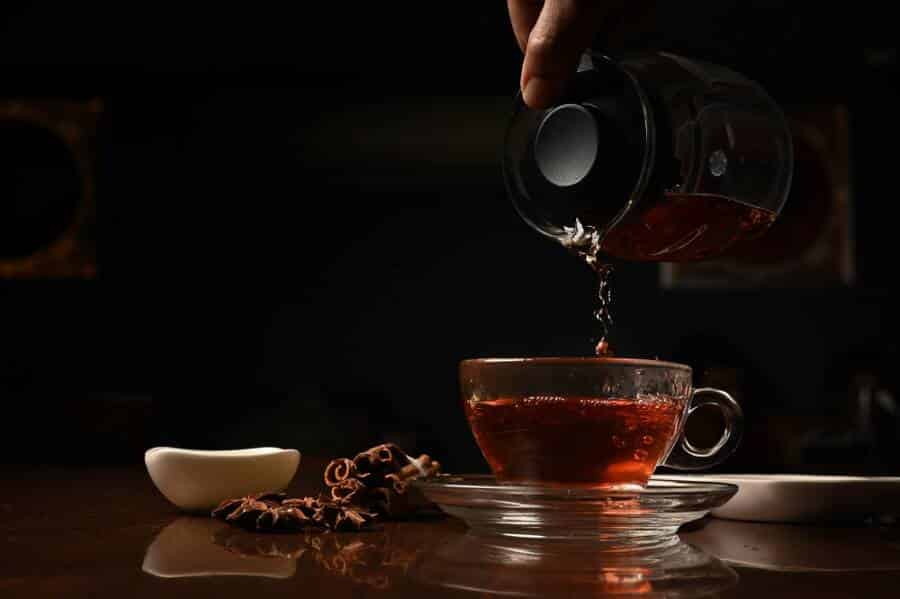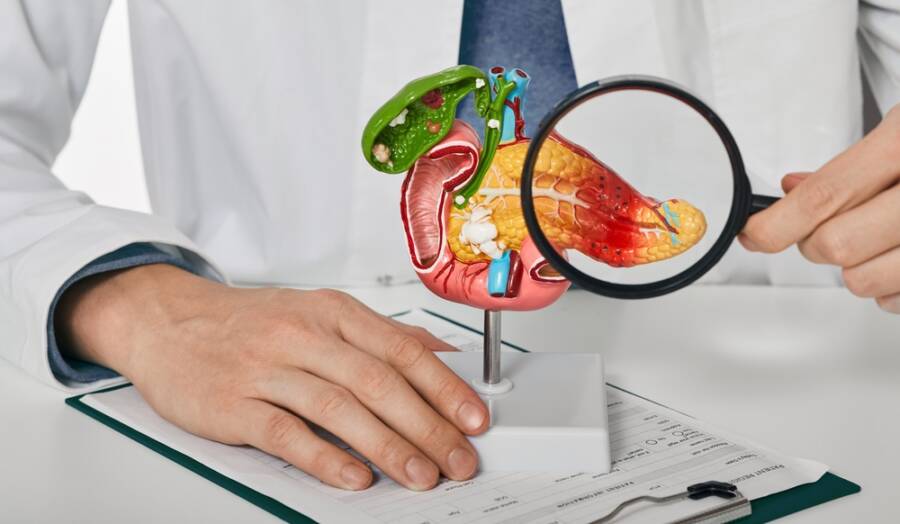ARE there foods that can sneakily intensify your flu symptoms?
We’ve all been there…caught in the clutches of sickness and searching for any remedy to ease our flu symptoms. But what if we told you that some of the foods we usually turn to might secretly work against us, making those flu symptoms even more challenging?
That’s right, this is why Indulging Health is diving into the not-so-friendly world of foods that can amplify flu symptoms. The last thing you need when under the weather is an unsuspecting piece of food, making things worse.
From the comfort of your kitchen to your favorite snacks, it’s time to discover the 10 offenders that could prolong your recovery. Let’s learn how a mindful approach to what’s on your plate can make a big difference.

Alcohol
Alcohol weakens white blood cells and causes inflammation in the body. It also has the double whammy impact of contributing to dehydration.
Hydration is absolutely vital when you have flu symptoms, say doctors, because it helps the kidneys filter waste from your body, helping you recover more quickly.
Another thing to consider is hydration helps decrease congestion by preventing your mucus from becoming too dry so you can get it out of your body.
You might also discover that if you’re already mildly dehydrated from your illness, drinking alcohol can hit you much harder than usual. So whenever you can, opt for water and tea until you’re feeling better.
Dairy
Dairy might not necessarily prolong your flu symptoms as your mom told you growing up. But it may make you feel uncomfortable.
Even though a review of the science issued in 2019 in the Archives of Disease in Childhood found that it doesn’t really encourage mucus production, there IS evidence that dairy makes your phlegm feel thicker and more irritating.
So dairy is on our list of foods you should avoid eating when you have the flu.
Sweets
Consuming high amounts of sugar can suppress your immune system, according to an assistant professor of sports medicine at the Baylor College of Medicine in Houston, Texas.
The raised levels of sugar can potentially impede the work of infection-fighting white blood cells, doctors explain. This is why they say that sweets are definitely on the list of foods you should you should avoid eating when you have the flu.
Also, sugar raises the number of inflammatory markers called cytokines, which can produce inflammation in the body. So, you should try to avoid comforting yourself with too many sweet treats until you’re feeling better.
Carbs
Thinking of grabbing buttered toast, some saltines, or an overfilled bowl of pasta? Well, think again. Refined carbs are broken quickly down into sugar, which triggers the same blood sugar increase as sugary snacks and drinks, with the same inflammatory effects, experts warn.
Nevertheless, not all carbohydrates are bad. This low in glycemic index like whole grains, wheat bread, or anything high in fiber can lower inflammation. The exception would be if you have an upset stomach. In this case, simple carbs can help. They’re easier to digest.
Crunchy or hard foods
Any crunchy or jagged foods with coarse textures have the potential to irritate your throat and aggravate a cough. This includes anything with sharp edges, like nuts, crackers, and raw vegetables.
It would be better if you stuck with foods that have an easy-to-digest texture. Experts advise doing a saltwater gargle to soothe an aching throat and speed healing rather than grabbing a salty snack.

Supplements
Certain types of supplements like zinc and echinacea are praised for being cure-all. But the truth is that there’s very little research to support these claims.
In 2017, Consumer Reports looked into the science behind popular supplements and found that most of them are optional to take advantage of, though. Probiotics, for instance, can help boost the immune system and stimulate digestion.
A study published in mBio found that having flu symptoms can take a rough toll on your gut biome. So maintaining it healthy with probiotics can improve your overall digestion.
Fatty foods
When an individual is fighting off cold or flu symptoms, their appetite tends to go down. And greasy foods can make you feel even worse, doctors say, because they can increase inflammation in the body.
So when you’re sick and your body’s telling you that eating that greasy burger is probably not a good idea, you should probably listen to it. This is one of those situations when you should trust your gut…literally!
Citrus fruits
Reaching for that fresh glass of OJ is probably your first instinct when you feel sick. After all, it’s packed with vitamin C, right? But citrus fruits, including grapefruit, oranges, and lemons, can irritate your stomach lining and irritate an upset stomach.
So if you’re feeling nauseous when you have flu symptoms, stay away until your stomach settles down a bit. Doctors suggest taking an over-the-counter vitamin C supplement instead of risking an upset stomach.
Caffeinated Drinks
Between your high temperature and advanced sweating, dehydration is something to be mindful of when you have a fever. You should stay away from diuretics, especially caffeinated coffee, which can contribute to dehydration.
Avoid caffeine because it can often make your flu symptoms worse, according to doctors. You might also want to sip some water or any other clear liquids throughout the day to keep yourself well hydrated.
Spicy foods
Suppose you have a cold or upper respiratory symptoms. In that case, there’s no need to say no to your favorite Thai restaurant. Spicy foods like Sriracha sauce can help clear out your nasal passages due to the ingredient capsaicin.
But if you’re experiencing an upset stomach with your flu symptoms, you should back off of the hot stuff for now. It can make an already upset stomach much worse.

Other than the foods you eat, here are a few more things that are making your flu symptoms worse:
Not getting enough rest: You might think you should be a hero and just tough it out. But you’ll feel better much faster if you take the time to let your body fight off the sickness. Doctors say that your immune system needs the proper time to mount a defense.
So rest and a couple of good nights of sleep will strengthen your immune system.
Waiting to see your doctor: You might be thinking that it’s not worth seeing your physician for every little ache you might be experiencing. But if you have the flu, the doctor can help you get better faster.
Regarding flu symptoms, starting antiviral treatment within the first 48 hours can lead to a milder and even shorter illness. So you should act fast.
Not drinking sufficient fluids: The reason chicken soup helps cure a cold isn’t because of the chicken. It’s the liquid broth that helps flush out mucus and improve your symptoms.
Staying hydrated with water, sports drinks, decaffeinated tea, and sugar-free drinks will help fight dehydration associated with fever.
Using the wrong TYPE of meds: Early symptoms like headache, fever, body aches, and sinus pain can be treated with pain relievers like acetaminophen or ibuprofen.
But you should skip spray antihistamine medications, which could become addictive—and could actually make your stuffy nose worse when you stop taking them.
And as a final thought, if you’re suffering from the flu, you can ensure you don’t give it to others in your household by constantly washing your hands when touching something.
Don’t have access to do that? We recommend this nifty Clorox Bleach-Free Hand Sanitizer from Amazon!
What has YOUR experience with flu symptoms been like? And did you know about the foods you COULDN’T eat when you have the flu? Please feel free to share your thoughts with us in the comments section.
And if you found this post useful, Indulging Health is here for the best tips and tricks. For instance, did you know that you should Wash Your Hands IMMEDIATELY After Touching These 10 Disgusting Items?













